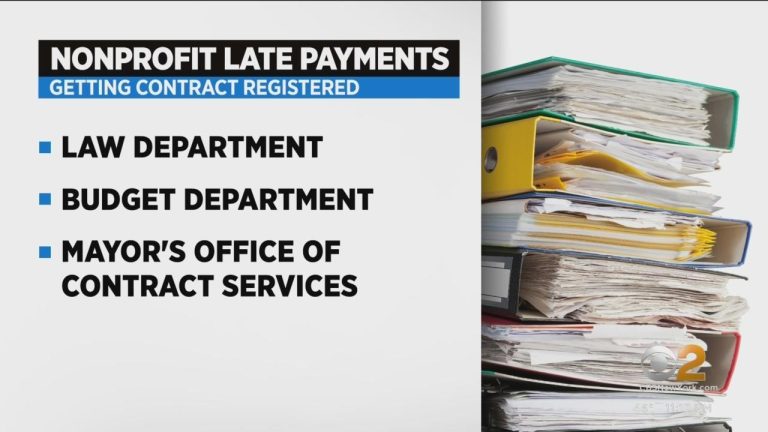Political instability has been a pervasive issue in Haiti for decades, with frequent changes in government, social unrest, and economic uncertainty. One of the most significant consequences of political instability is its impact on employment. In this blog post, we will take a historical perspective to explore the impact of political instability on employment in Haiti.
The Impact of Political Instability on Employment in Haiti
- Economic Instability Political instability often leads to economic instability, which can have a direct impact on employment in Haiti. Unstable political situations can cause investors to pull out of the country, reduce foreign aid and trade, and increase inflation, making it difficult for businesses to operate and expand, leading to job loss.
- Social Unrest and Violence Social unrest and violence are often associated with political instability in Haiti. This can create an environment that is unsafe for businesses to operate and may lead to the closure of businesses or a reluctance to invest in new ventures, leading to higher unemployment rates.
- Political Patronage and Corruption Political patronage and corruption can lead to unfair hiring practices, with political supporters given priority over qualified candidates. This can also lead to inefficiencies and mismanagement of government agencies, reducing their effectiveness in promoting employment opportunities and creating a stable job market.
Historical Examples of Political Instability and Employment in Haiti
- The Duvalier Regime During the Duvalier regime, which lasted from 1957 to 1986, political instability and repression were rampant. The government operated through a patronage system, where only those loyal to the government had access to employment opportunities, leading to high levels of unemployment among the general population.
- The 2004 Coup D’état The 2004 coup d’état against President Jean-Bertrand Aristide led to a period of political instability and violence, resulting in a significant economic downturn. The situation led to the closure of many businesses, layoffs, and job loss, leading to increased poverty and unemployment.
Potential Solutions to Address Political Instability and Employment in Haiti
- Promoting Political Stability and Good Governance Promoting political stability and good governance can help create a stable business environment that encourages investment and job creation. This can be achieved through transparent and democratic elections, effective governance, and the rule of law.
- Investing in Job Creation Programs Investing in job creation programs can help create employment opportunities in Haiti, particularly in sectors such as agriculture, manufacturing, and tourism. This can help provide alternative sources of income for the population and reduce reliance on the informal economy.
- Supporting Entrepreneurship and Small Business Development Supporting entrepreneurship and small business development can help create jobs and promote economic growth in Haiti. This can be achieved through access to capital, business development training, and mentorship programs.
Conclusion: Political instability has had a significant impact on employment in Haiti, contributing to high levels of unemployment and poverty. To address this issue, it’s essential to promote political stability and good governance, invest in job creation programs, and support entrepreneurship and small business development. By doing so, we can create a more stable and prosperous Haiti, with a stronger job market and brighter future for all.











Add a comment